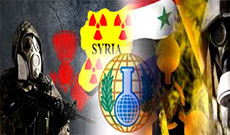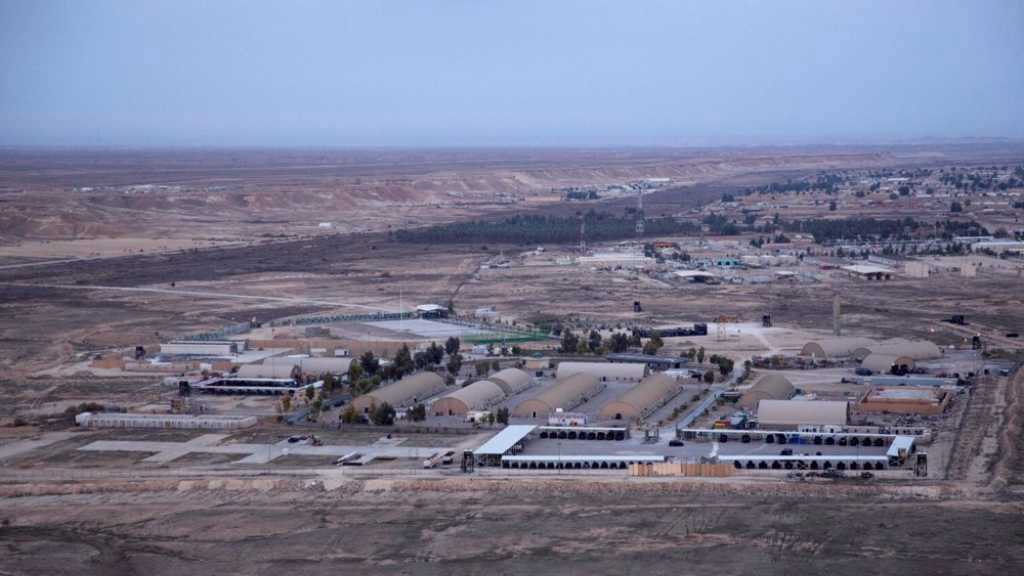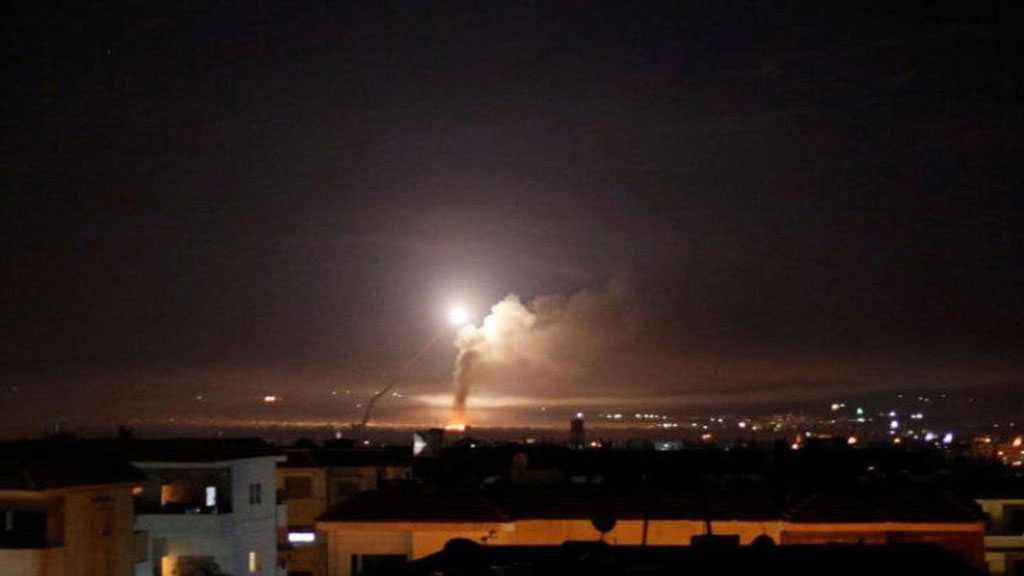
Companies May Help Destroy Syria Stockpile of Toxic Chemicals

Local Editor
The Organization for the Prohibition of Chemical Weapons (OPCW) is urgently seeking for willing parties and a port to help in the destruction of Syria's 1,000-metric ton arsenal stockpile of toxic and chemical agents.
The global chemical weapons watchdog has invited private companies to bid to get involved in destroying Syria's stockpile.

The OPCW is posting requests for "expressions of interest" from companies that would facilitate "the treatment and disposal of hazardous and non-hazardous organic and inorganic chemicals," AP quotes.
A formal request to bid for commercial contracts is expected later in the day.
The agency, has been directed by the United Nations to oversee the destruction of the Syrian government's chemical weapons.
A senior OPCW official told the agency on condition of anonymity Thursday that more than 700 tons of chemicals listed could be eliminated at regular commercial facilities. The most hazardous chemical agents would still have to be disposed of at a secure location under OPCW supervision.
A senior OPCW official, speaking on condition of anonymity because he was not authorized to discuss the issue publicly, said Thursday that more than 700 tons of Syrian chemicals listed can be destroyed at regular commercial facilities.
The most toxic and weaponised chemicals in the Syrian stockpile will still have to be destroyed at a secure facility under OPCW supervision.
The OPCW is considering the option of destroying the most toxic parts of Syria's stockpile at sea on a mobile destruction facility on a large ship or barge. That option gained momentum after Albania last week refused a US request to host the destruction of Syria's chemical arsenal, a serious blow to efforts to destroy that stockpile by mid-2014.
However, the OPCW official said most of Syria's stockpile involves precursor chemicals - which have to be mixed to turn them into weapons.
He said the Albania setback should not deter other nations or companies from getting involved. "There is a need to step back and look at the whole thing dispassionately."
The OPCW official said "ready chemical warfare agents" only amount to about 20 tons of the approximately 1,300 tons of Syrian chemicals that have to be destroyed. None of it is the nerve agent sarin, he said, though Syria's stockpile does include chemicals that can be mixed to make sarin. He declined to detail what chemical weapons are in the arsenal, but reports previously have mentioned mustard gas.
Chemicals listed in the "expressions of interest" request "can easily be disposed of at any industrial chemical disposal facility," the official said.
Ralf Trapp, a French-based chemical weapons disarmament consultant and scientist, agreed, saying the list was made up of "chemicals that can be disposed of by normal industrial chemical waste treatment companies, and none pose a direct, immediate chemical weapons risk."
The OPCW says it already has ended Syria's ability to create new chemical weapons by overseeing measures to decommission its facilities for mixing and loading chemicals into munitions like rockets.
Syria also has "verifiably destroyed" 63 percent of its unfilled chemical munitions. The OPCW official said Syria now says it had destroyed 100 percent of its munitions, although that number has yet to be verified by international inspectors.
"Because Syria's chemical weapons program has been dismantled the way it has, what you are left with is basically industrial chemicals and toxic chemicals," he said.
Under a destruction plan approved by the OPCW last week, Syria also would be required to destroy its stocks - estimated at around 100 tons - of a chemical called isopropanol, which can be used as an ingredient of sarin.
Source: Agencies



